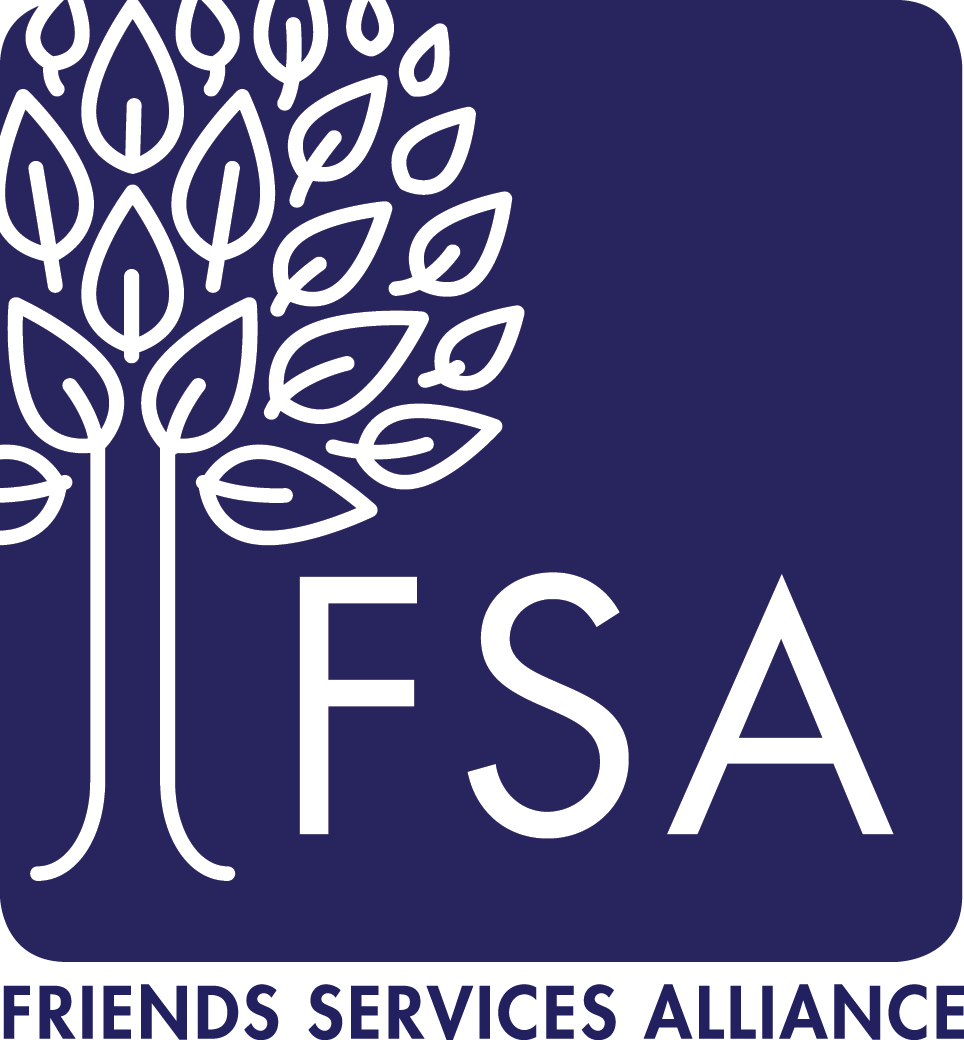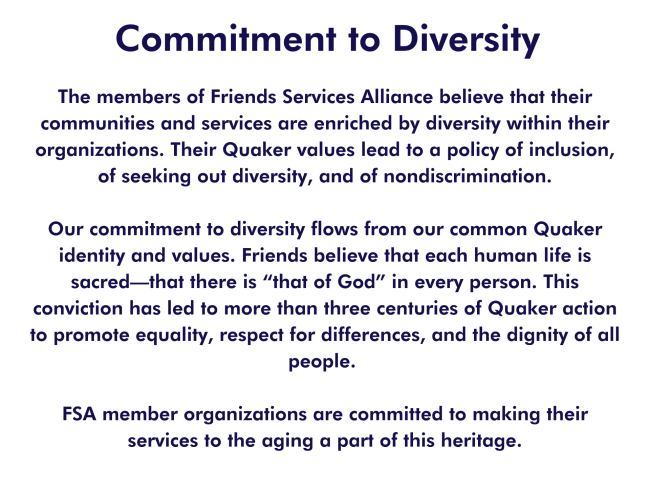Things to Consider
Who will be involved?
- Try to have good representation from various departments. Decide how the board and senior leadership will participate. It speaks volumes if there is strong representation from each.
- Diversity Committees and Task Forces are often comprised of staff members, residents or clients, board members, etc. However, you should be mindful that staff may need a separate space to share, as their issues and concerns are often different from those of residents or clients.
What will they do?
- A DEI committee helps to educate, support, and champion organizational DEI initiatives. There are certain functions of diversity that should be operationalized. Be aware that this role should not do research or get involved in the hiring process, etc.
- Helps to hold leadership and the organization accountable to the DEI journey.
- Members of the DEI committee are ultimately ambassadors for building an inclusive culture.
Adapted from Pulsely.
How long will they serve?
It depends. However, make sure to open the space for participation periodically to continue to be inclusive and welcoming to new voices.
When will meetings occur?
Try to make the meeting times inclusive as well. Being that many organizations are short-staffed, you may decide to meet once a month.
Sample Agenda
- Purpose of the meeting/committee
- Brave Space Guideline
- Roadmap: Where is the organization now in DEIB efforts? Where are we going?
- Operational Update: CEO/Board/HR/Admissions Marketing. What's happening operationally with regard to diversity? Include a discussion of Trainings, Hiring, Marketing Strategies, and anything else that might be relevant.
- Department Update/Roundtable/Idea generation/Group Educational Experience/Project Update. Discuss the latest happenings or idea generation from the organization.
- Action Plan
- Close
Build Awareness and Understanding
Glossary of Terms
LeadingAge Research on Diversity
If you are a leader of color, join the LeadingAge Leaders of Color Member Network. And, check out their webinar "Allies in Action: Creating a Supportive Workplace."
Access FSA's Diversity & Inclusion Resource Library
Seek peer support. Attend a Diversity Peer Group. Or, if you are a resident, go through your Residents' Council to find like-minded residents.
Understand Your Implicit Bias Implicit or Unconscious Bias is a bias or prejudice that exists but is not consciously held or recognized based on a variety of factors, including age, race, socioeconomic status, gender, sexual orientation, or ability.
Circle of Trust video
Building awareness around who we trust can help us be mindful about who we select, hire, promote, and mentor. Examine the people you trust and consider how your circle might be expanded.
Harvard University Project Implicit
Printable Tools:
What Not to Say / What to Say Instead Postcard
CLCBE Method for Staying Calm When You Are a Victim of Microaggression


